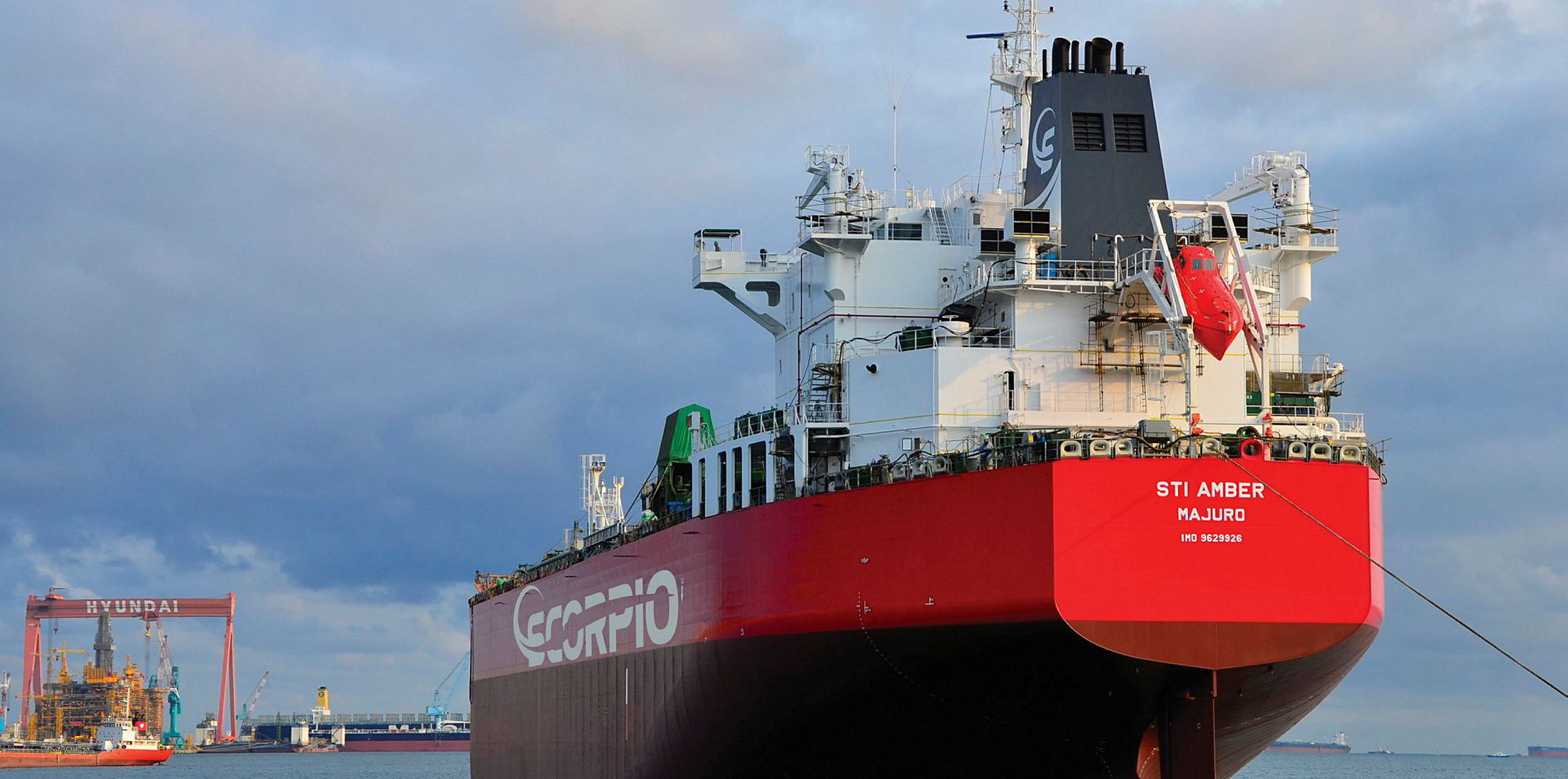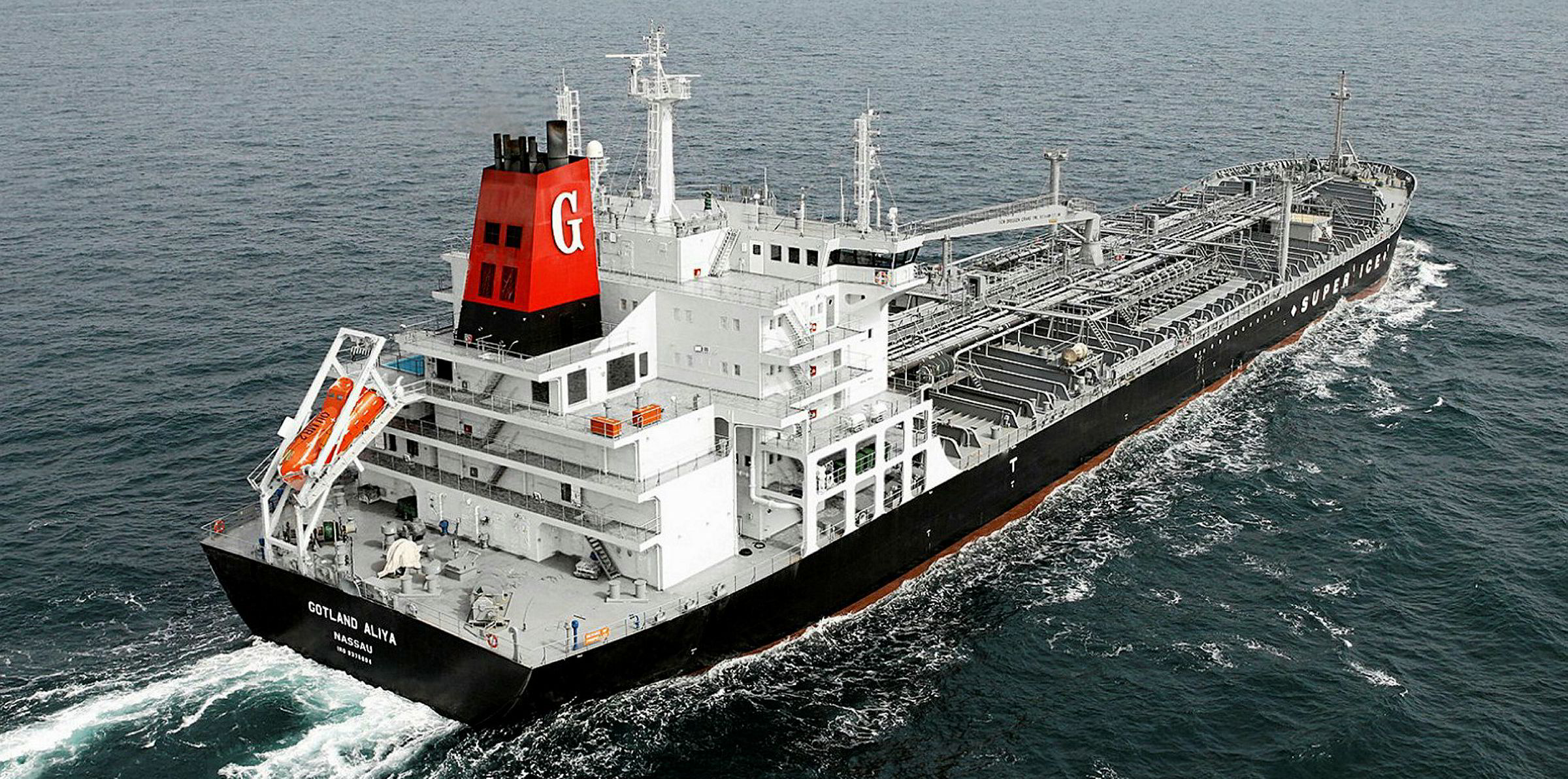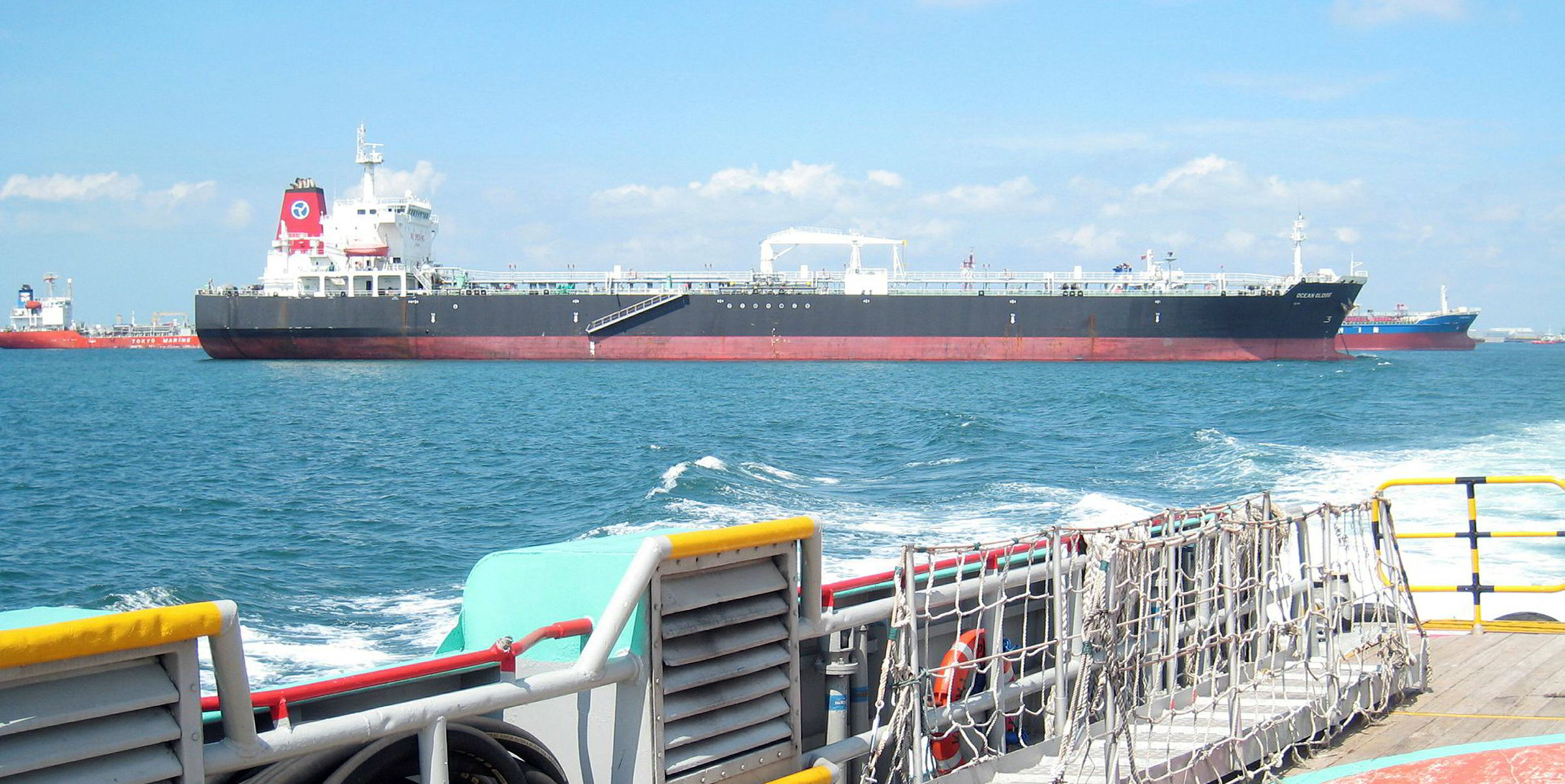Product tanker rates are rising in northwest Europe amid firm floating storage demand due to logistics and contango play, according to market sources.
With brimming tanks in the Amsterdam-Rotterdam-Antwerp (ARA) region, oil firms have stored large quantities of clean petroleum products at sea before they can find profitable opportunities to sell them.
As of Thursday, Kpler data showed nine MRs, three LR1s and five LR2s were used as floating storage in the UK/Continental Europe area.
“This is helping the rates on the product side to be firm,” said a chartering manager. “It's unprecedented times.”
The Baltic Exchange assessed the time charter equivalent rates for MRs on the northwest Europe-US Atlantic coast route at $22,220 per day on Thursday, up 23.1% from Monday’s level.
The TCE rates for LR1s on the ARA-West Africa route gained $1,053 to $45,495 per day in the same timespan.
Spot activity for voyage charters has been slow aside from some prompt cargoes, but shipowners have managed to hike rates with large tonnage tied up in storage use, some tanker players said.
“Most of the deals we are fixing now have storage options,” one of them said.
Rising inventories
Demand for floating storage is expected to increase further in the coming weeks, with onshore storage facilities being filled up due to weak demand from end-users.
According to Insights Global, stocks of petroleum products held in independent storage in the ARA refining hub increased by 5.4% in the past week, mainly driven by 12% gains in gasoline and jet fuel inventories.
The Dutch consultancy observed floating storage of those two products while noting some diesel tanks were switching to store jet fuel.
In some cases, European refiners need to load tankers with gasoline while keeping jet fuel-laden ships at anchor.
Confinement measures during the coronavirus pandemic will reduce gasoline consumption by 70% and jet-kerosene demand by 85% in OECD Europe this month, the International Energy Agency has forecast.
In May, the lockdowns will cut gasoline consumption by 60% and jet-kerosene by 75%, according to the energy watchdog.
The storage issues have been exacerbated by seasonally low water levels in the Rhine River, where barges can operate at only 40% to 50% of their normal loading capacity, an Insights Global researcher said.
Reflecting the difficulty in finding tanks, some companies were even leasing barges for storage despite high unit cost, the researcher added. The rate for storing 40,000 tonnes on a barge is discussed somewhere between €100,000 ($108,200) and €150,000 per month.







